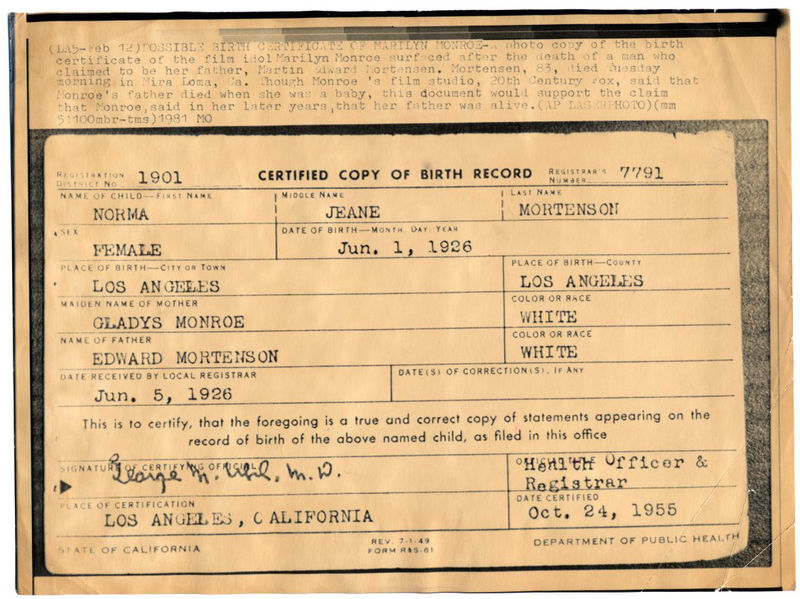|
Lara María Bertolini
Lara María Bertolini (Buenos Aires, 10 April 1970) is an activist, researcher, and author of the book ''Soberanía Travesti, una Identidad argentina'' . She holds a position with the Public Ministry of Argentina and is a law student at the National University of Avellaneda. She won a historical case in Argentina that changed her birth certificate and I.D. to signify her identity with " travesti femininity". Biography Lara María Bertolini was born in Buenos Aires, Argentina on . She is an human rights activist advocating for the rights of travesti, transgender people, and non-binary people. She roots her political actions in efforts to create, defend, and amplify the rights of the LGBT community, especially transgender rights. She has been outspoken about the importance of hiring trans women, particularly in banks. She notes: "Trans men can experience violence, but they don't experience the structural violence that trans women do across Latin America... We're not even in th ... [...More Info...] [...Related Items...] OR: [Wikipedia] [Google] [Baidu] |
Buenos Aires, Argentina
Buenos Aires, controlled by the government of the Autonomous City of Buenos Aires, is the Capital city, capital and largest city of Argentina. It is located on the southwest of the Río de la Plata. Buenos Aires is classified as an Alpha− global city, according to the Globalization and World Cities Research Network, GaWC 2024 ranking. The city proper has a population of 3.1 million and its urban area 16.7 million, making it the List of metropolitan areas, twentieth largest metropolitan area in the world. It is known for its preserved eclecticism, eclectic European #Architecture, architecture and rich culture, cultural life. It is a multiculturalism, multicultural city that is home to multiple ethnic and religious groups, contributing to its culture as well as to the dialect spoken in the city and in some other parts of the country. This is because since the 19th century, the city, and the country in general, has been a major recipient of millions of Immigration to Argentina, im ... [...More Info...] [...Related Items...] OR: [Wikipedia] [Google] [Baidu] |
Birth Certificate
A birth certificate is a vital record that documents the Childbirth, birth of a person. The term "birth certificate" can refer to either the original document certifying the circumstances of the birth or to a certified copy of or representation of the ensuing registration of that birth. Depending on the jurisdiction, a record of birth might or might not contain verification of the event by a healthcare professional such as a midwife or doctor. The United Nations Sustainable Development Goal 17, an integral part of the Sustainable Development Goals, 2030 Agenda, has a target to increase the timely availability of data regarding age, gender, race, ethnicity, and other relevant characteristics which documents like a birth certificate have the capacity to provide. History and contemporary times The documentation of births is a practice widely held throughout human civilization. The original purpose of vital statistics was for tax purposes and for the determination of available mil ... [...More Info...] [...Related Items...] OR: [Wikipedia] [Google] [Baidu] |
Argentine Transgender Women
Argentines, Argentinians or Argentineans are people from Argentina. This connection may be residential, legal, historical, or cultural. For most Argentines, several (or all) of these connections exist and are collectively the source of their being Argentine. Argentina is a multiethnic society, multiethnic society, home to people of various Ethnicity, ethnic, Race (human categorization), racial, Religion, religious, Religious denomination, denomination, and Nationality, national origins, with the majority of the population made up of Old World immigrants and their descendants. As a result, Argentines do not equate their nationality with ethnicity, but with citizenship and allegiance to Argentina. Aside from the indigenous population, nearly all Argentines or their ancestors immigrated within the past five centuries. Among countries in the world that have received the most immigrants in modern history, Argentina, with 6.6 million, ranks second to the United States (27 million), ... [...More Info...] [...Related Items...] OR: [Wikipedia] [Google] [Baidu] |

